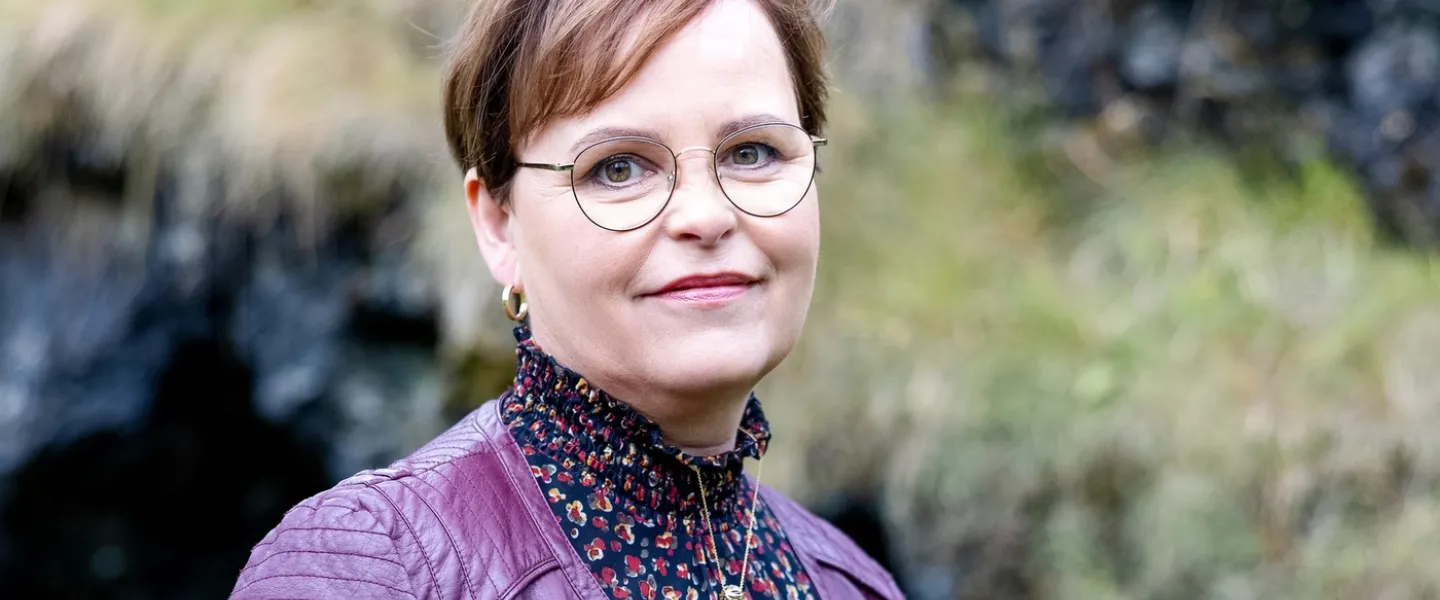
It has been just under four years since the Corona virus hit Iceland full force. The pandemic ‘s effects have been studied from various perspectives, and new research in this area has been conducted by Lára Jóhannsdóttir, professor of environment- and natural resources, and her colleagues. She led a study into the societal impact of the pandemic and the accompanying public health measures in the West Fjords of Iceland.
The study is currently in its final stages, but it has been ongoing since 2021. This project is part of a larger one funded by the Canadian government, focusing specifically on areas with low population in the Arctic, including indigenous communities. The research was conducted in all the Arctic countries except Russia.
The criteria used to choose the Westfjords in Iceland was its distance from the central administration and services from the capital region, for example quarantine hotels and service provided for COVID-infected individuals. Furthermore, there were a few localised, relatively large outbreaks in the area in the early stages of the pandemic, making it a good place to observe implications and reactions from individuals, institutions, and businesses.
A large number of people interviewed
Forty-two interviews were conducted with people from various sectors of society, including administration, health and education, the police, harbour authorities, business owners and entrepreneurs, factory workers and preschool employees. The interviewees hailed from Ísafjörður, Bolungarvík, Hnífsdalur and Flateyri, including both native Icelanders, immigrants and students of foreign origin.
The data was collected in October 2021, about a year and a half after the pandemic reached Iceland and the Westfjords. Thus, some experience had been gained in dealing with the situation on a personal level, as well as by public authorities and private companies. A certain distance from large and high-profile outbreaks in the area had also been achieved, such as outbreaks in a nursing home and on fishing boats.
“This study is highly significant, from a scientific point of view, but also societally, both domestically and internationally, and the knowledge accrued has already been published,” says Lára.



